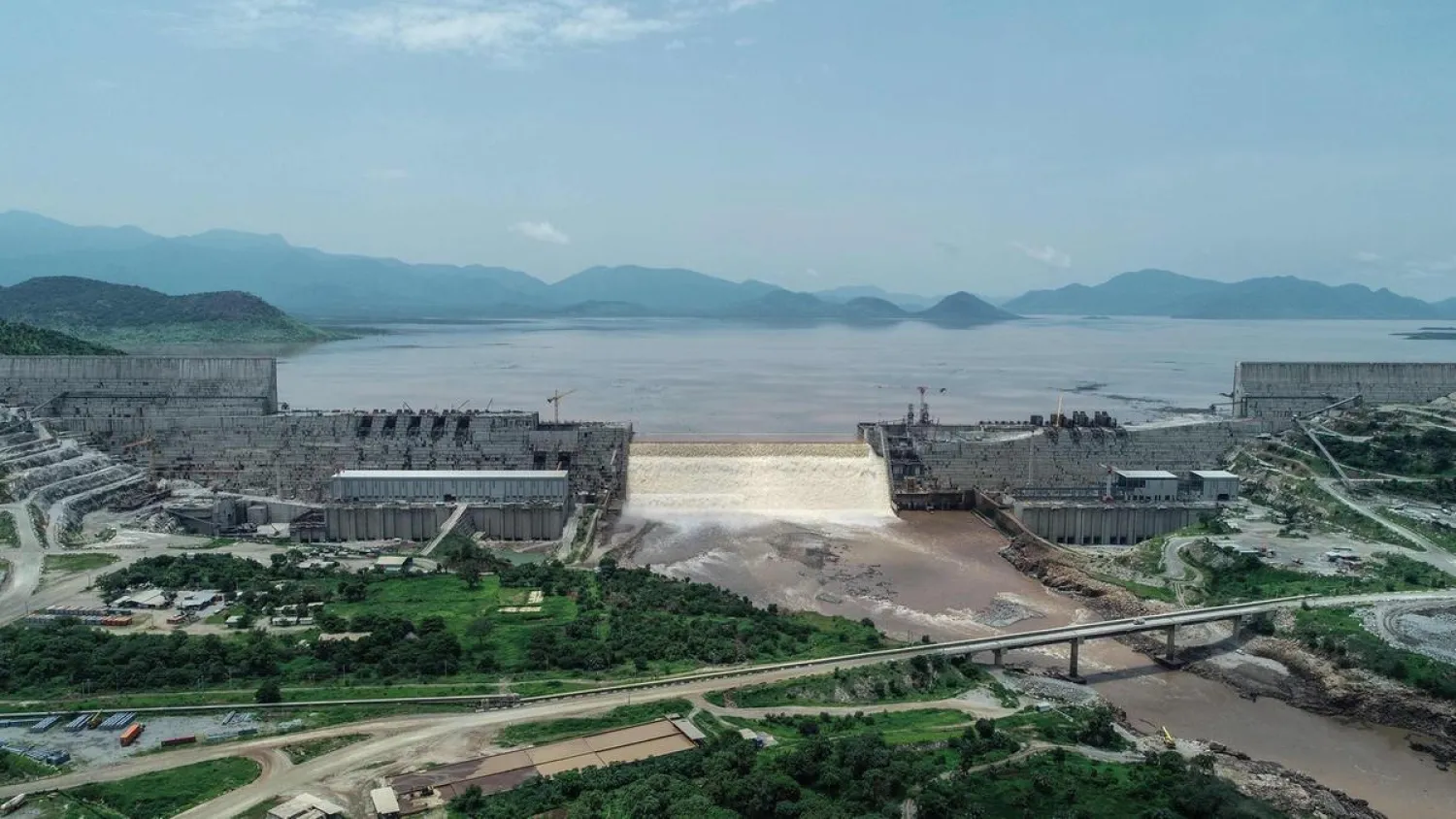Sudanese Prime Minister Abdalla Hamdok and his Ethiopian counterpart Abiy Ahmed have agreed to resume negotiations on the Grand Ethiopian Renaissance Dam (GERD) next week.
Hamdok visited Addis Ababa briefly on Sunday and was accompanied by a high-ranking security and military delegation.
A statement by the Sudanese government said Hamdok held “good” closed-door discussions with his Ethiopian counterpart.
The two officials reached an understanding on various issues that will further augment bilateral cooperation, the statement read.
The last GERD meeting was held on Nov. 21 between Egypt and Ethiopia’s irrigation ministers. Sudan boycotted the talks, calling on the African Union to change the negotiations approach and expand the role of experts.
Both sides also called for an emergency meeting of the Intergovernmental Authority on Development, an East African regional bloc that Hamdok currently chairs.
IGAD is an eight-country trade bloc in Africa that includes Djibouti, Ethiopia, Kenya, Somalia, Sudan Uganda, South Sudan and Eritrea.
The statement did not reveal the purpose for calling for the meeting, but parties will most likely discuss the developments in Ethiopia and the humanitarian and security implications of the Tigray conflict on the region.
In an interview with the local radio station, Beladi, Sudan government spokesperson, Minister of Culture and Information Faisal Mohamed Salih described Sudanese-Ethiopian relations as “good” despite some disputes.
Ethiopia has rebuffed offers to mediate in the Tigray conflict, including from the African Union, and Sudan, he noted, affirming that contacts between both countries has not stopped.
Fighting erupted on Nov. 4 between Ethiopia’s government and the then-governing party in Tigray, the Tigray People’s Liberation Front (TPLF).
According to Salih, the Sudanese government has implemented an urgent emergency plan, deployed its forces on the borders with Ethiopia to observe the situation and has taken all humanitarian and military precautions to avert any spillover into Sudan.
Abiy’s government declared victory over the TPLF after its forces took control of the regional capital, Mekelle, on Nov. 29. The TPLF has said it was continuing to fight from mountains surrounding Mekelle.









